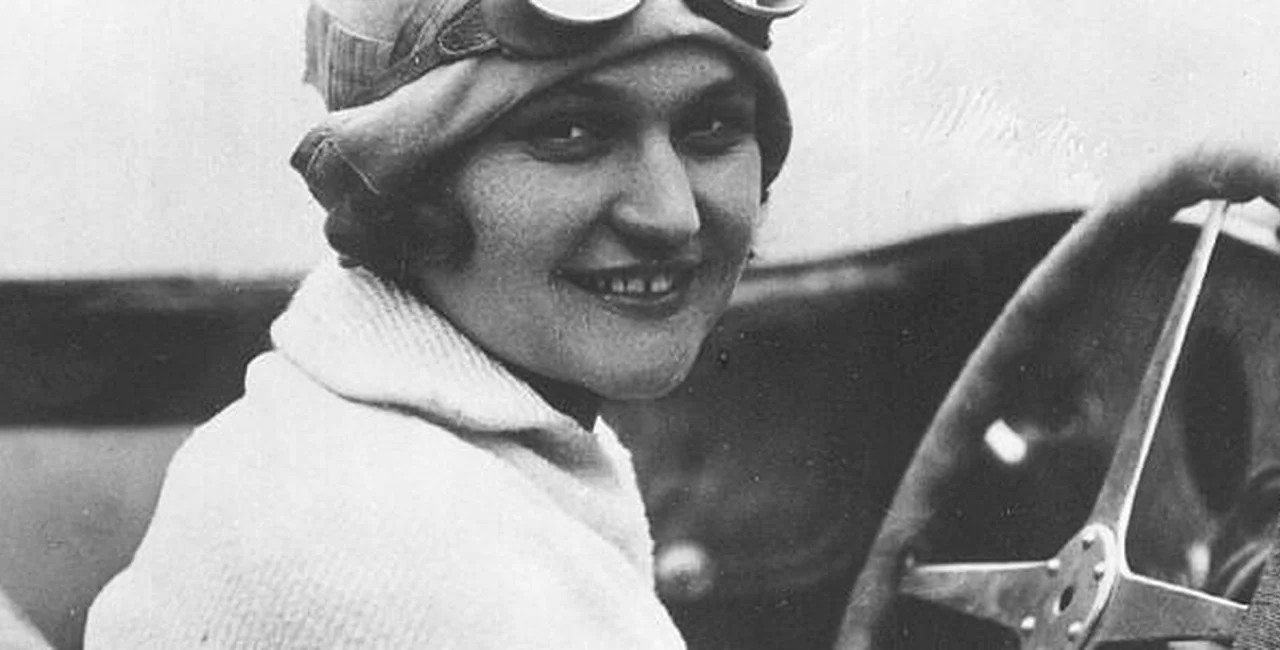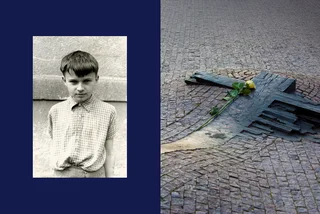The women here paved the way for the Czech badass of today: Olympics double-gold winner Ester Ledecká, the Czech girl scout who stood up to neo-Nazis at a rally in Brno, and the inventor of the revolutionary Whoop.de.doo vibrator to name just a few. On International Women’s Day, we honor these historical heroes many of whom were exiled, imprisoned, or executed but never silenced:
Saint Agnes of Bohemia 1211–1282
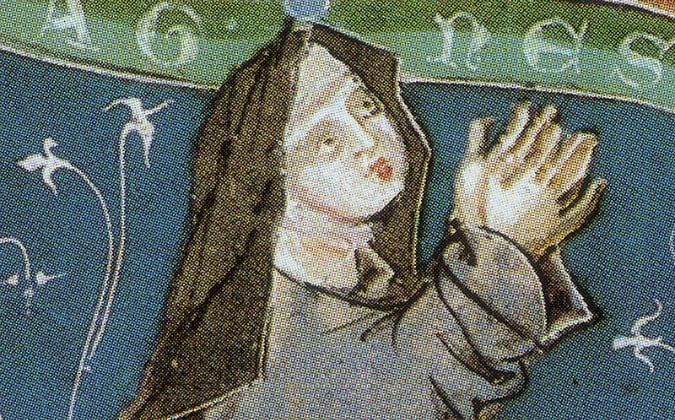
A princess of Bohemia who eschewed an arranged marriage to found the hospital of St. Francis, St. Agnes was featured in artist Judy Chicago’s 1974 installation piece The Dinner Party, her name appearing on The Heritage Floor as one of 999 women who has made an impact on Western civilization. (She was also the face of the rosy-pink 50-CZK banknote). Agnes was canonized 700 years later by Pope John Paul II.
Ema Destinnová 18781–930

This Czech operatic diva headlined premiere venues such as the New York Metropolitan Opera, Covent Garden in London, and the Prague State Theatre, at one point becoming the highest paid soprano in the world. Her links with the Czech resistance during World War I—she was accused of crossing borders with secret messages stitched into her petticoats—led to her house arrest (in a castle!) and her passport being revoked. Destinnová’s career never recovered. As a tribute to her legacy, she appears on the 2,000-CZK banknote.
Alice Garrigue Masaryková 1879–1966
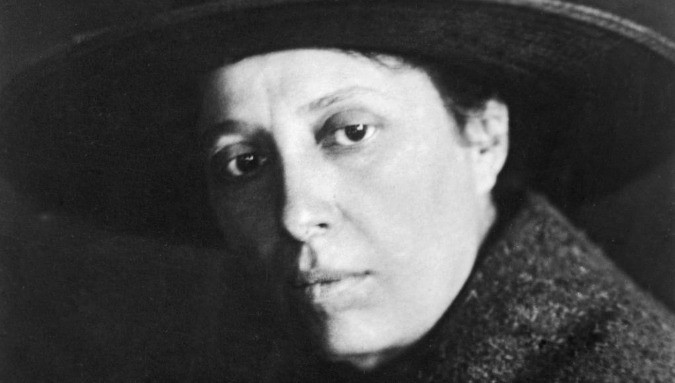
A teacher, sociologist, and politician credited with founding the Czechoslovak Red Cross, Masaryk has long been considered the original Czech feminist. In 1919 she was one of the first women elected as a member of the parliament of the Czechoslovakian Republic headed by her father Tomáš Garrigue Masaryk. Forced into exile in the 1930s, she spoke regularly on Radio Free Europe from the States, encouraging her fellow Czechoslovaks to remain steadfast in their struggle for democracy.
Milena Jesenská 1896–1944
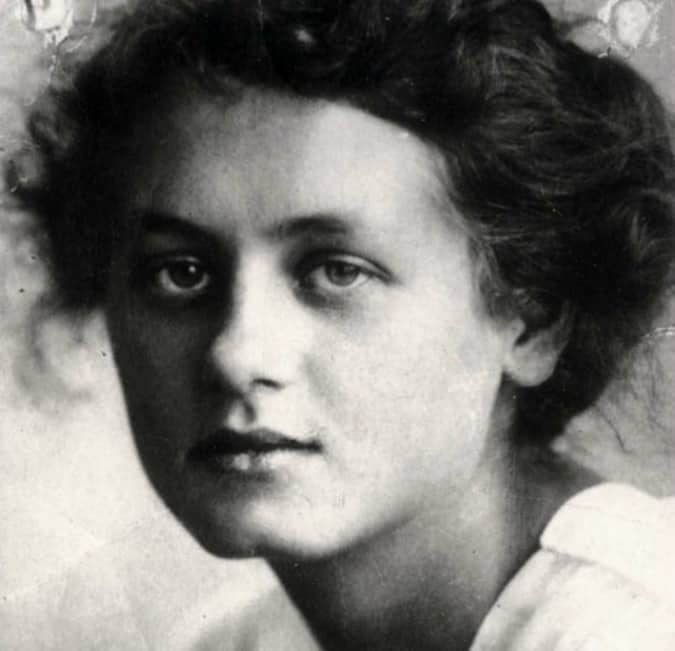
Her translation of the short story “The Stoker” signified the Czech-language debut of Franz Kafka’s writing—the married Jesenská then embarked on an affair with the eminent author, taking the pseudonym Jarsolav Dohal when translating his later works. During World War II she joined the underground resistance helping a number of Jewish refugees to emigrate; Jesenská died of kidney failure at the Ravensbrück concentration camp for women.
Eliška Junková 1900–1994
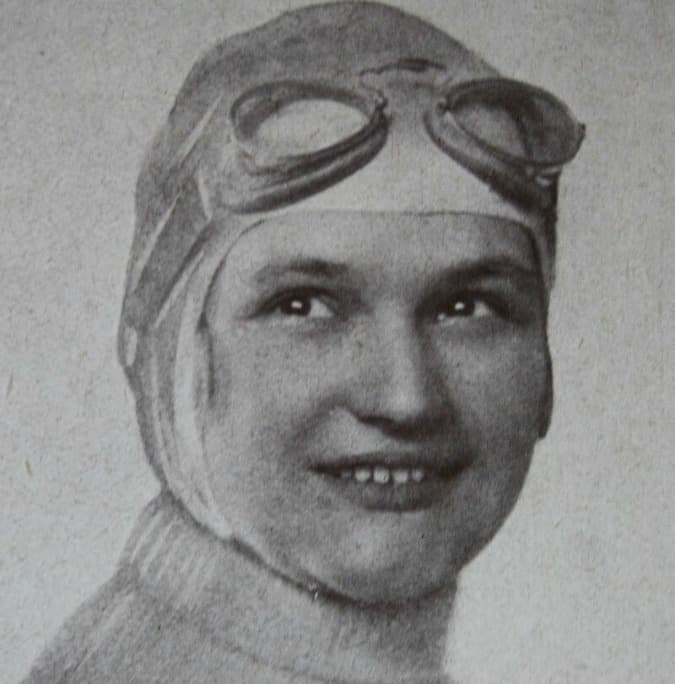
Called the “Queen of the Steering Wheel” Eliška Junková began racing Bugatti cars, first as a co-driver with her husband and later on her own. She was the fastest female motor racer of her time, competing regularly throughout Europe against the best male drivers of the age. She was the first woman to win a Grand Prix event and was awarded the title Meritorious Sports Champion.
Milada Horáková 1901–1950
Milada Horáková was a Czech lawyer, politician, and campaigner for the equal status of women. She joined the Czech resistance to the German occupation and survived a Nazi prison, only to be imprisoned once again and later executed by the communist regime on fabricated charges of conspiracy and treason. Prior to her hanging at Prague’s Pankrác Prison she wrote numerous letters that remain important tracts on independent thought and democracy. In the 1990s she posthumously received the Order of Tomáš Garrigue Masaryk. In 2017, a film about her life, Milada, opened worldwide.
Toyen 1902–1980
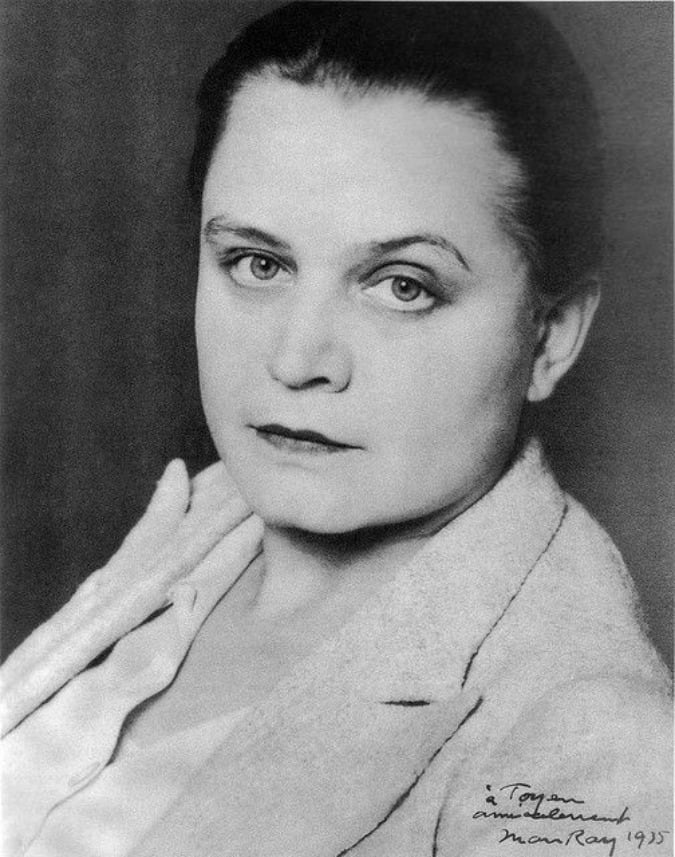
Challenging gender constructs was the life’s work of the artist said to have described herself as the male painter Toyen but known to her avante garde circle as the female person Marie Čermínová. A founding member of the Czech surrealist movement, she frequently dressed like a man, expressing hedonistic motifs and the taboo of lesbian desire in a body of work that is considered an important contribution to feminist art and criticism.
Věra Chytilová 1929–2014
Czech author Josef Škvorecký describes this pioneer of Czech cinema: “In true feminist tradition Vera combined intensive intellectual effort with a feminine feeling for beauty and form.” Her masterpiece Daisies (Sedmikrásky), seen as a bold critique of the male attitude towards sex, was controversial for, of all things, its depiction of food waste and led to numerous clashes with the communist party. On March 12, the anniversary of her death, four short films Chytilová made during her student days at FAMU will be screened at the school’s DISK Theater.
Věra Čáslavská 1942–2016
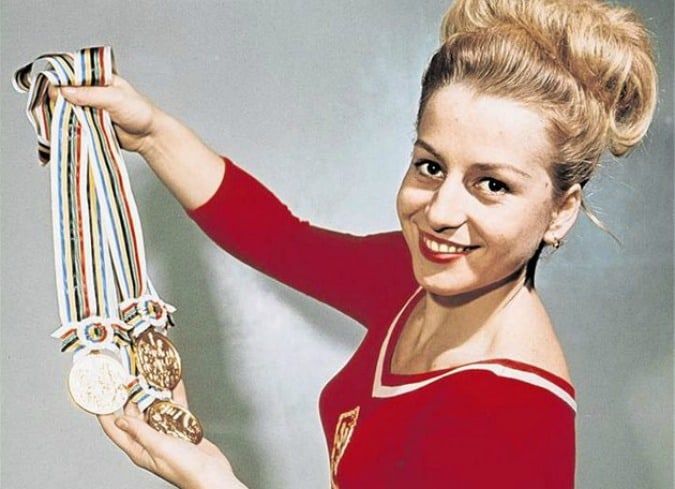
Čáslavská is the most decorated Czech gymnast in history and one of only two female gymnasts to win the all-around gold medal at two consecutive Olympics. At the 1968 Olympics in Mexico City, she looked down in protest while the Soviet national anthem was played during the medal ceremonies; she was forced into retirement and for many years denied the right to travel, work, or attend sporting events. Čáslavská was eventually named President of the Czech Olympic committee.
Madeleine Albright b. 1937
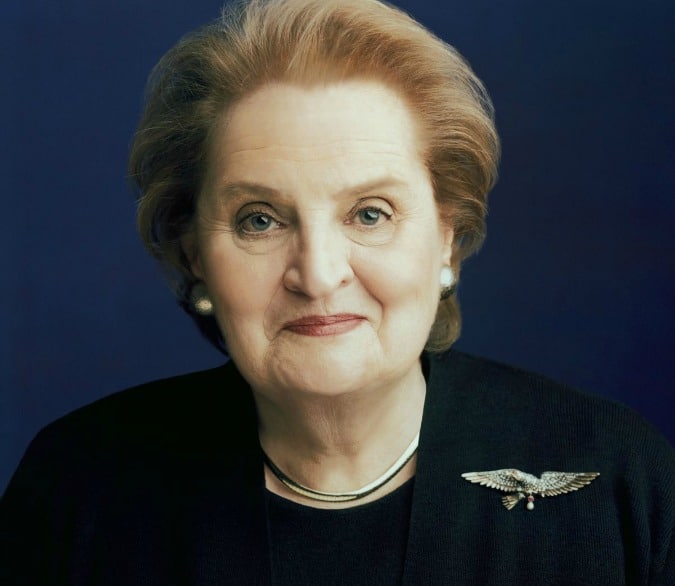
Born in Prague as Marie Jana Körbelová, her diplomat father fled to London with his family before the Second World War, returning to Czechoslovakia but fleeing once again after the communist coup. In America Albright embarked on a career in politics and was later appointed U.S. Ambassador to the United Nations by President Bill Clinton. In 1997 she became the first woman to hold the position of Secretary of State of the United States; in 2012 she was awarded the Presidential Medal of Freedom. Albright remains a polarizing figure for her role in the Bosnian war; in 2012 she authored a best-selling memoir, Prague Winter.












 Reading time: 4 minutes
Reading time: 4 minutes 